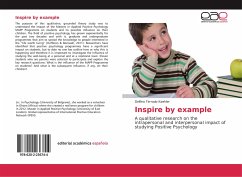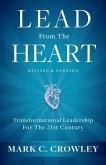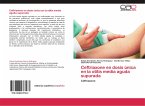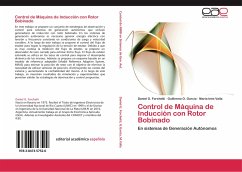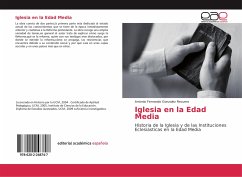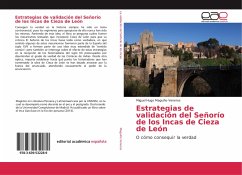The purpose of this qualitative, grounded theory study was to understand the impact of the Masters in Applied Positive Psychology MAPP Programme on students and its possible influence on their children. The field of positive psychology has grown exponentially for the past two decades and with it, graduate and undergraduate programmes that aim to spread the knowledge to people interested in the "life worth living" (Hefferon & Boniwell, 2011). Researchers have identified that positive psychology programmes have a significant impact on students, but to date no one has outline how or why this is happening and therefore it is important to investigate the influence of studying the well-being at a personal and at a relational level. Eleven students who are parents were selected to participate and explore the key research questions: What is the influence of the MAPP Programme on students? And what is the subsequent influence, if any, on their children?
Bitte wählen Sie Ihr Anliegen aus.
Rechnungen
Retourenschein anfordern
Bestellstatus
Storno

